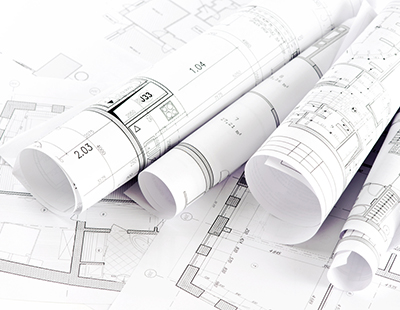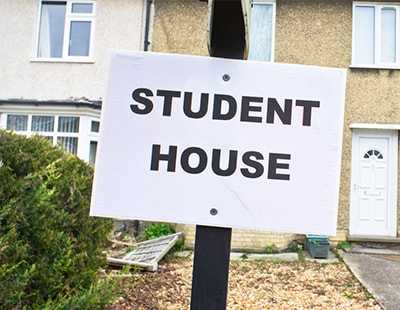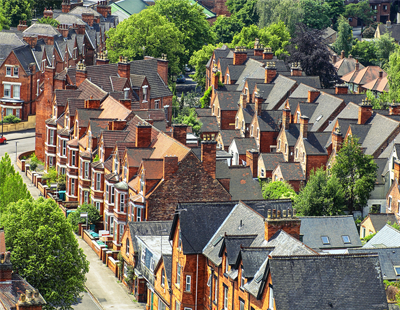Buying a new home is a risk even when it doesn’t need renovating. By taking the chance on an unrenovated property, you have the freedom of choice to decide on how your home is to be designed.
Finding your perfect property in your ideal location can be difficult, but buying a rundown property in your ideal location may be a viable way of achieving this.
One of the most significant benefits of buying a property in need of renovation is that it often offers a cheaper alternative to investing in a home that is ready to move into straightaway.
You may also find that you receive higher returns, since modernised properties are often in higher demand. In line with the new energy efficiency standards, a modern home will be more energy efficient, saving you money on your energy bills. So not only will you be able to add value to a property, but in the long-term you will also save money.
Investing in certain areas of the home have proven to add substantial value to a property. It’s estimated that spending £10,000 on a new kitchen could add up to £30,000 onto a property’s value. Similarly, a loft extension could cost you around £35,000 but it has the potential to add £100,000 in value to a property if another bedroom is added, depending on where the property is located.
While there is great scope for adding value to a property this way, there is always a risk of overspending on the project without adding real value. Just because you have spent thousands on doing up the property does not mean you will receive thousands back. When completing a property renovation, you have to be realistic about what you want to achieve, and you must be really strict with the budget you have set.
Despite the initial costs of buying a rundown property being cheaper, if you do not manage your finances efficiently you could find yourself spending twice as much as you originally planned.
It would be best to allow for an extra 20% on top of this so that you can be prepared for any unforeseen issues in the build. A simple rule might be: do not spend money on making a major change that will not add to the value of the property.
Whether you are renovating the property to sell or are planning to live in it, you want to ensure that you are not making an empty investment through overspending on changes which aren’t necessary.
Picking the right property is important. While you may be open to buying a property that needs a lot of work, you need to be realistic with how much work you can actually commit to. If you choose to invest in an older property, you need to note that some old buildings may be harder to insure and could require different renovation techniques to avoid any further damage.
Additionally, you have to realise the limitations of how much value renovation can add to your property. Demand for properties is often reflected in the popularity of the area its in, rather than the interiors.
Buying a home in need of renovation is not something you should rush into. Even after researching and finding a property with the potential to be perfect, you still need to consider who is going to carry out the work.
Since you are likely to spend a lot of money on the project, it is vital that you find tradespeople you trust, whether you have worked with them before or have had them recommended to you. Do your research: never go with the cheapest option just because it is the option that will save you money.
Investing in a project manager to oversee the project is also a good idea. They will make sure the builders carry out work to your specification and will make it more likely for the project to remain on budget. But the downside is that you will have to pay for their expertise.
You should gather quotes in advance to calculate your expenditure. To save money there is the option of carrying out some of the work yourself, but you should be prepared for the time commitments of this. Carefully consider how far your skills will stretch for the job. For instance, while you may not be able to fit a kitchen, you may be able to strip wallpaper or paint a couple rooms in the house.
You’ll also need to be prepared to finance such a project. It is possible to secure financing for a fixer-upper, depending on your credit score, down payment etc.
However, it is generally easier to obtain a 30-year fixed mortgage for a house which is ready to move into straight away. For large renovation projects you will need to check how easy it will be to get planning permission for the property. Once your application has been submitted, it could take up to 12 weeks for your council to make a decision.
Buying a home in need of renovation requires much more thought than investing in a property that is ready to move into. You must make sure that you are able to manage your finances effectively throughout the whole project and that you trust those undertaking the renovation work.
However, if you do manage to add real value to the property and are pleased with the end result, buying a fixer-upper home may well be worth the additional effort.
*Marc Trup is the Founder and CEO of Arthur Online









.png)

.jpg)








Join the conversation
Be the first to comment (please use the comment box below)
Please login to comment